We share hands-on advice for everyday trade and logistics challenges. Access insights and actionable strategies that drive certainty, continuity, and compliance across your operations.
Border delay troubleshooting guide
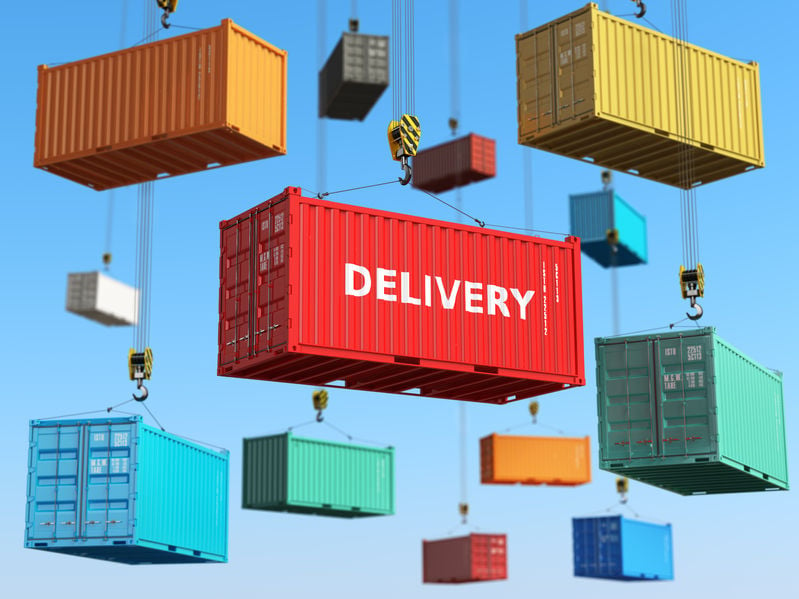
We recently spoke with Jey Sanmuganathan, Cole’s Western Regional Manager of Customs in Canada, to learn more about when to engage a customs broker to avoid delays and penalties.
Five Oil & Gas Logistics Essentials

For the energy sector, well-planned and executed logistics can make or break a project’s timeline. In our decades of oil and gas experience, the most common logistics scenarios we work with include:
IMO2020: How the new sulphur emissions cap impacts you
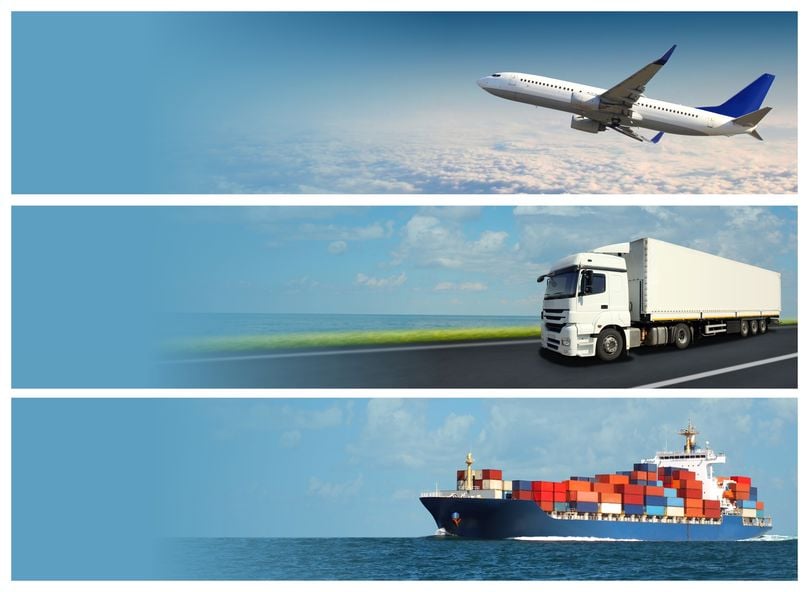
IMO2020 refers to a new mandated decrease of sulphur in fuel oil which came into effect for the shipping industry January 1, 2020. The mandate calls for a decrease in sulphur to 0.5% m/m (mass by mass).
Top 15 Tips for Importing into the USA
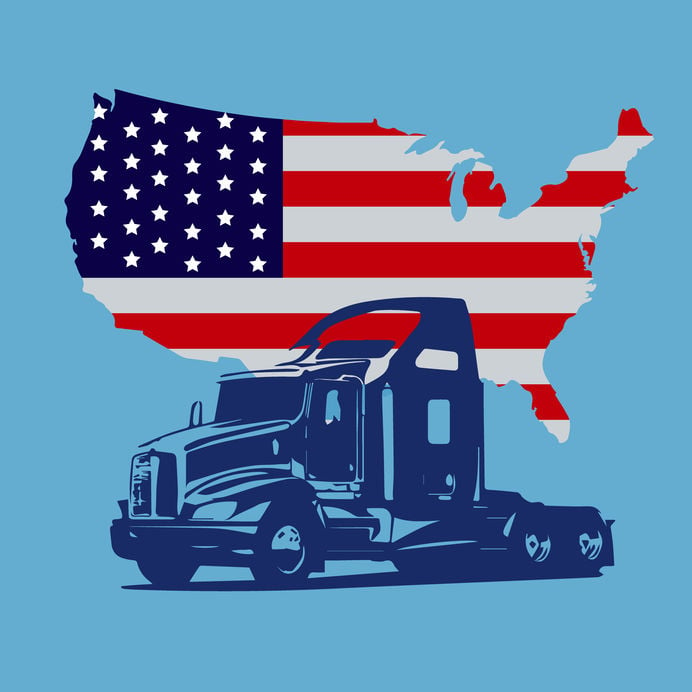
Importing goods into the United States isn't exactly a cut-and-dry process. There are many elements to consider when importing into the USA, from the type of product you want to import to the country of origin.
Single Window Initiative (SWI): Survival Guide for importing vehicles

The new SWI landscape The Single Window Initiative means several changes for importers:
When to engage a customs broker

We’ve shared with you why to choose a customs broker, but when is the best time to seek the professional support of a customs broker to avoid delays and penalties? We sat down with Jey Sanmuganathan, Cole’s Western Regional Manager of Customs in Canada for a little Q&A to learn more.
5 Steps & 6 Tips for Importing Vehicles into Canada

The unfavourable exchange rates for Canadians may have you thinking it doesn't make sense to buy a vehicle and have it imported into Canada. However, there are still some scenarios where consumers buy a car in the United States and import it into Canada.
10 Tips for Handling Canadian Customs as an Importer/Exporter
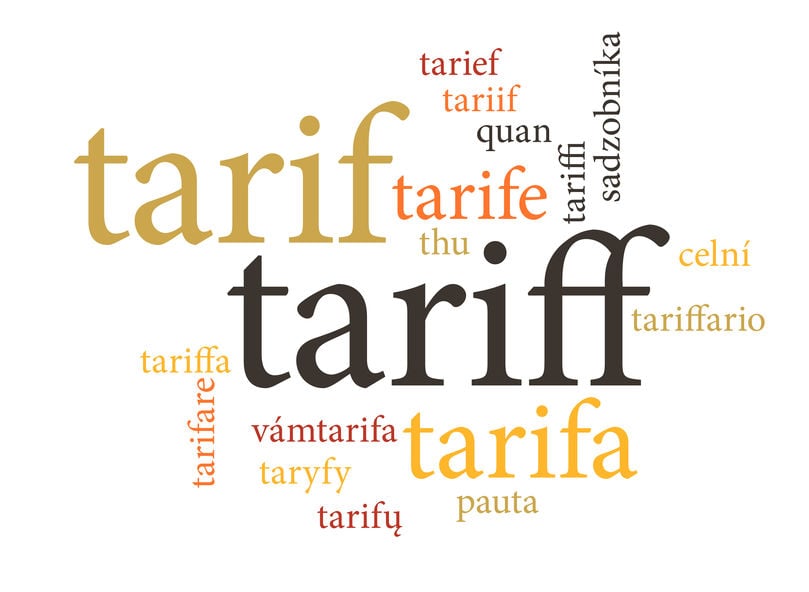
Dealing with Canadian customs as an importer/exporter isn't always easy. The process requires a business to have a deep understanding of several things, such as the duty rates, import fees, the import/export process, and so much more.
Tariff classification basics
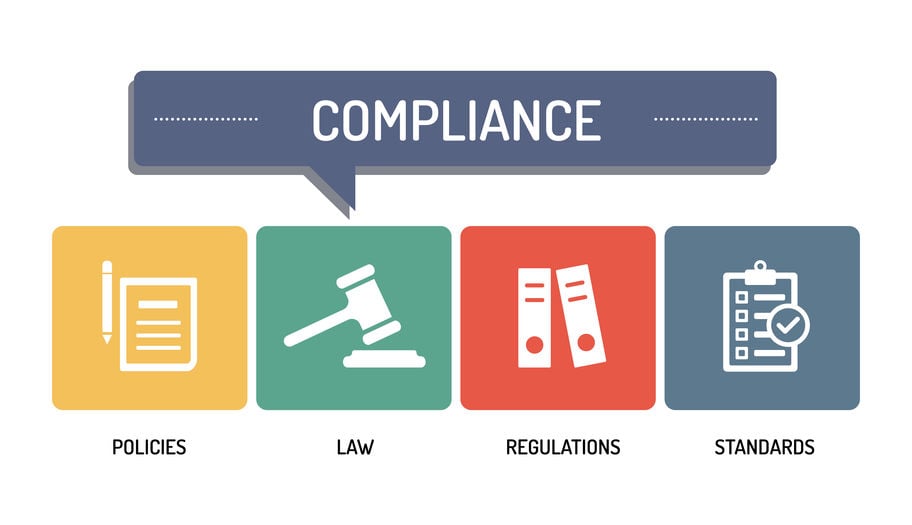
Tariff classification can be confusing—even for the experts! But getting your classification right is a crucial aspect of any import/export business.
Collaborating with border agencies: 4 ways to build credibility
.jpg)
Traditional perceptions of customs and border agencies evokes an Us vs. Them dynamic. Border agencies are seen as suspicious gatekeepers looking for problems.
